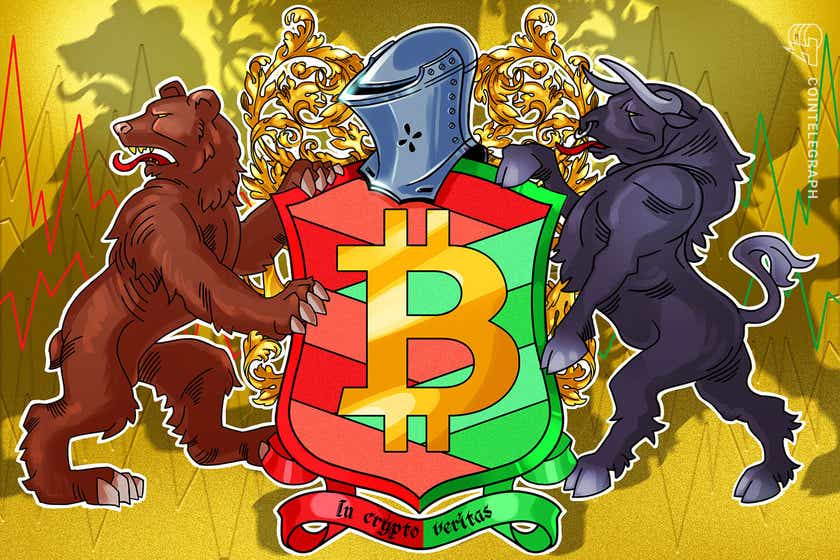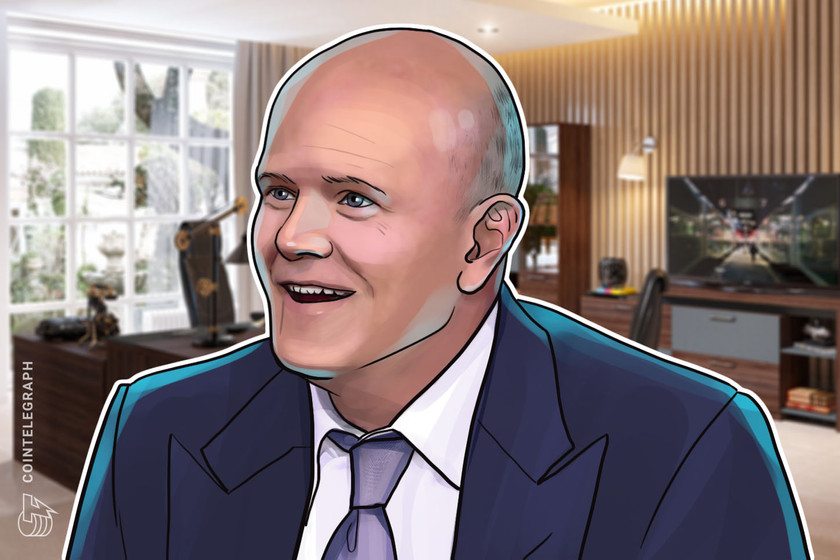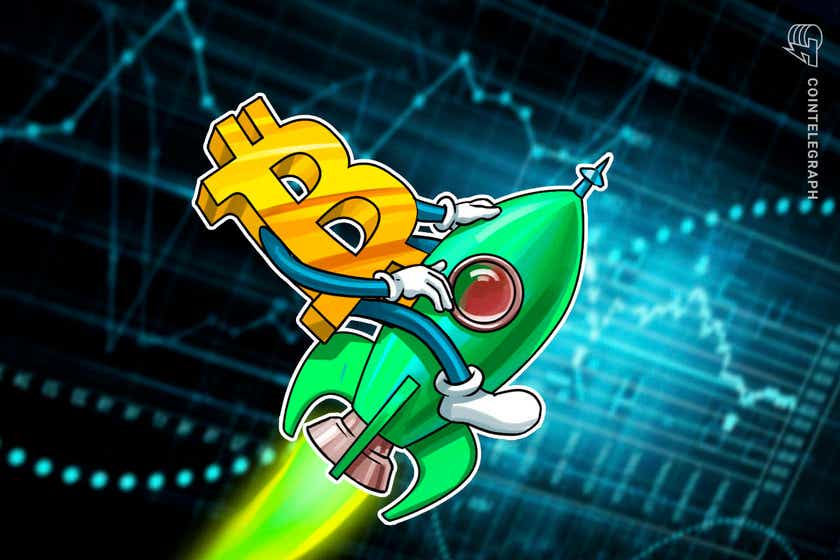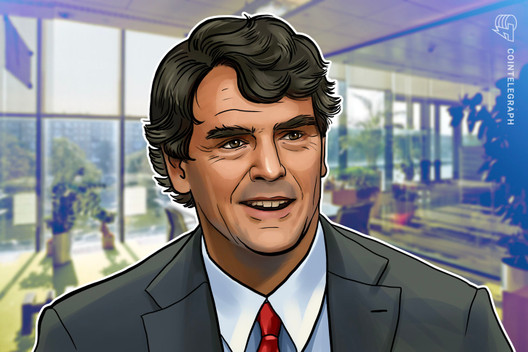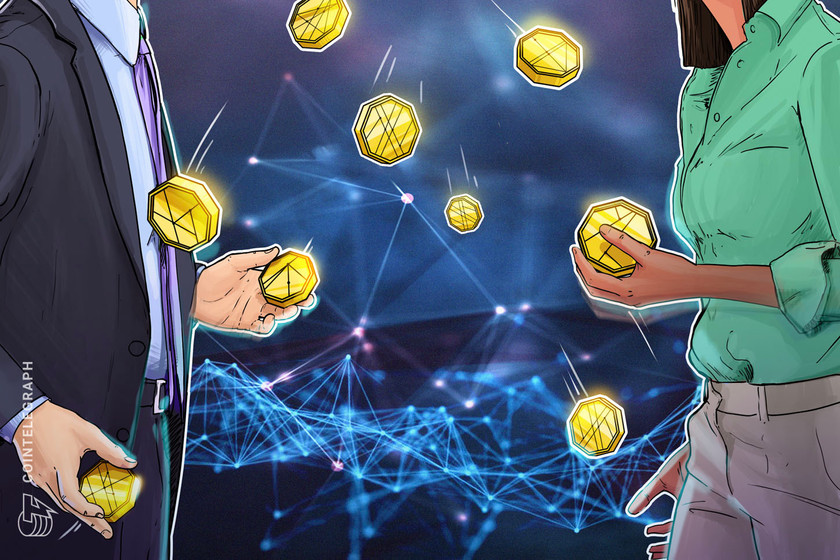In early March, the Bank of England’s governor-designate, Andrew Bailey, said that Bitcoin has no intrinsic value. He controversially stated that any investor that holds Bitcoin should be prepared to lose all of the money. Bailey said, “If you want to buy it, fine, but understand it has no intrinsic value. It may have extrinsic value, but there is no intrinsic value.”
Throughout the past several years, many high-profile investors and government officials such as billionaire Mark Cuban, Berkshire Hathaway’s Warren Buffett and United States President Donald Trump have criticized Bitcoin for its lack of real value.
Argument for why Bitcoin does not have any “intrinsic” value
In July 2019, President Trump echoed the sentiments earlier shared by Buffett and his business partner Charlie Munger when he claimed that the value of Bitcoin is “based on thin air,” implying that it has no intrinsic value. At the time, President Trump said:
“I am not a fan of Bitcoin and other Cryptocurrencies, which are not money, and whose value is highly volatile and based on thin air.”
The argument for the lack of value in Bitcoin derives from its origin: a decentralized and peer-to-peer network of miners, users, developers and node operators that has been running since 2009 without the presence of a central entity or a group that oversees the blockchain protocol.
Hence, the concept that a decentralized and completely open-source network, which in theory is software, is foreign to many investors. In 2018, Berkshire Hathaway vice chairman Charlie Munger said that Bitcoin is “worthless, artificial gold,” describing it as a piece of clever computer science. Munger told CNBC:
“Bitcoin reminds me of Oscar Wilde’s definition of fox hunting: ‘The pursuit of the uneatable by the unspeakable.’”
Most of the negative stances towards Bitcoin and the skepticism about its value stems from its distributed structure and the digital nature. But, cryptocurrency industry executives and prominent investment firm operators perceive the value of Bitcoin differently.
Crypto industry experts disagree
In an interview with Cointelegraph, BlockTower Capital chief investment officer Ari Paul explained that the value of Bitcoin comes from the control it gives to users that own the asset. The non-confiscatable characteristic of Bitcoin provides users with an unprecedented level of financial freedom when compared with traditional assets.
Safe haven assets like gold, for instance, which investors foresee Bitcoin would compete against over the long run, have seen many instances wherein gold held by individuals were seized by governments in the past. Paul told Cointelegraph:
“BTC is many things: its value comes as the only way to pay for Bitcoin blockchain space (aka censorship resistance as a service), but I’d argue far more of its value comes from its seizure resistance. If I want to store $1 of wealth in a way that can’t be arbitrarily seized by governments, I need to own $1 of BTC, regardless of BTC’s price per dollar. With that framing, it’s vaguely comparable to the offshore banking system which is roughly $30 trillion.”
The argument that the value of Bitcoin comes from its seizure resistance goes in line with the sentiment of Wences Casares, the CEO of crypto custody and wallet provider Xapo. In an essay titled, “The case for a small allocation to Bitcoin” published in March 2019, Casares suggested that every $10 million portfolio should have at least $100,000 invested in Bitcoin with a long-term investment thesis.
Casares explained that growing up in Argentina, he saw his family lose their savings three times over, and the last time was due to unfair confiscation of assets.
Related: Crypto Traders Explain What Caused the Bitcoin Price Plunge to $3,000s
Founder of Quantum Economics Mati Greenspan told Cointelegraph that whether Bitcon has any “intrinsic” value purely depends on the perception of an investor of Bitcoin and the entire asset class. By definition, the term intrinsic value refers to the true, inherent and essential value of an asset, commodity or currency. But value is subjective and oftentimes changes significantly based on varying circumstances.
As an example, before President Richard Nixon essentially eliminated the gold standard by disallowing the Federal Reserve to reclaim dollars with gold, the “intrinsic value” of the dollar came from the backing of gold. But when the gold standard was abolished, other countries started to print money and the inflation rate of reserve currencies began to rise.
A case can be made that the intrinsic value of a reserve currency is the government or the country behind it, but the value of it can change rapidly depending on varying factors, according to Greenspan:
“Intrinsic value is defined as ‘an investor’s perception of the asset’s value,’ so whether Bitcoin does or does not have it depends entirely on the perspective of the prospective investor. Perhaps it holds no value for Mr. Carney at this time, but it certainly has value to millions of other people around the world.”
Why Bitcoin’s “intrinsic value” can increase over time
Despite the emergence of trusted custodians and strictly regulated exchanges that have contributed to the establishment of a rapidly improving infrastructure supporting the market, Bitcoin is still an emerging asset.
Since the Dow Jones fell sharply on March 12 due to heightened levels of fear from the coronavirus pandemic, Bitcoin has shown a high level of correlation with the U.S. stock market. This tight correlation has devalued the image of Bitcoin as a safe haven asset. Prior to March 2020, BTC was never tested under an environment where the global financial market started to crash and show signs of extreme uncertainty.
Related: Bitcoin Price Correlates With Traditional Assets, but Not Entirely
The volatility of BTC and its correlation with stocks this month primarily stem from the fact that its market capitalization is still hovering at around $116 billion. That is merely 1.37% of the $8 trillion market cap of gold.
As the market cap of Bitcoin increases over time, it will show less volatility and increased levels of stability, which would allow it to be seen as a safe haven asset in times of global market slowdown. Tyler Winkelvoss, the billionaire CEO of U.S.-based crypto exchange Gemini, said recently on the matter:
“Bitcoin is not a hedge to pandemics, it is a hedge to fiat regimes. A sudden, negative demand shock in the global economy’ will affect every asset, including gold, in the short term. The world will get through this, but at what long-term, Faustian bargain? Bitcoin is not making any deals right now. It has the resilience and endurance to last in the infinite game.”
With a larger market cap, stronger infrastructure, higher liquidity, clearer regulatory frameworks and increased levels of mainstream awareness, the value proposition of Bitcoin can improve significantly over the next decade. And eventually, the argument that Bitcoin lacks “intrinsic value” is likely to weaken, as its non-confiscatable characteristic, decentralized nature, and fungibility will add to the asset’s value.

